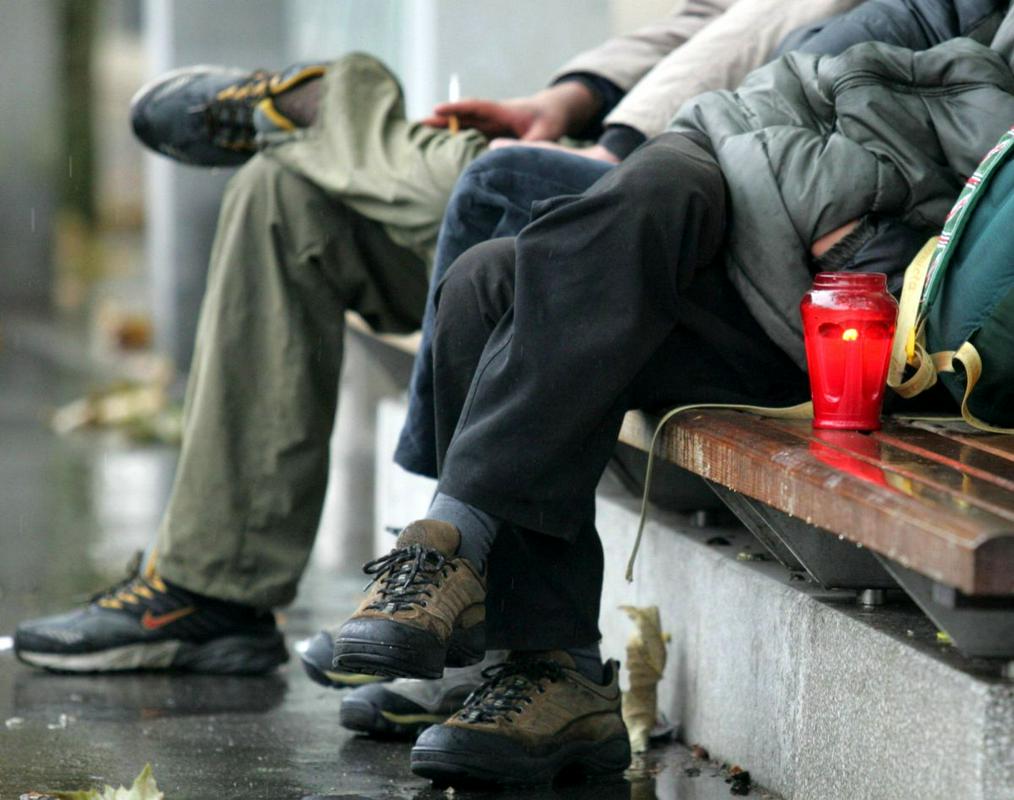
According to the Ministry of Labour, Family, Social Affairs and Equal Opportunities, Slovenia has around 2,760 homeless people this year. The estimate is based on programs financed by the ministry. However, NGOs warn that the figure is much higher and put the number for last year at around 6,700. In the past year NGOs have also noticed that older homeless people who have had experience with alcohol, illegal drugs or mental illnesses, find it ever more difficult to arrange their status and are often left without anything.
"These people, because of their problematic past, are often unwanted and really have nowhere to go," warns Kuljanac and adds that some countries have accommodation facilities for these kinds of people, and even offer them adequate health treatment. "All until the old people’s homes were less occupied, they accepted these people if they fulfilled the conditions. But as the old people’s homes are now fully occupied, this is no longer an option." Kuljanac says that most of these homeless people, who have either been through psychiatric treatment or have been treated for addictions, end up on the street with no accommodation possibilities.
Their reintegration to a normal life remains to be the biggest challenge, also for many NGOs dealing with the issue of homelessness. "Apart from accommodation we also have to offer these individuals a chance to earn some money through work and help them make their first steps towards a normal lifestyle," says the head of the Celje-based Socio public institution, Suzi Kvas. She adds that an independent trip to the store, for man who has previously been living as a homeless addict, is very important in the process of his social reintegration. In Slovenia we do offer help, especially when it comes to accommodating the homeless, but the biggest problem is that we don’t have a program which would comprehensively help them reintegrate to a normal life.

































































